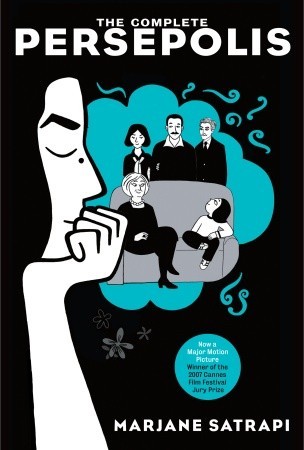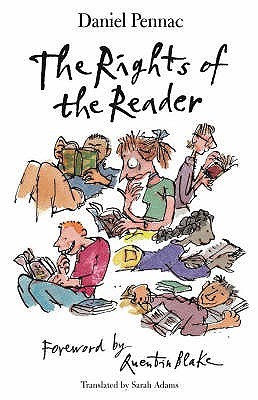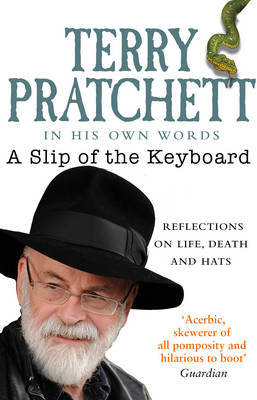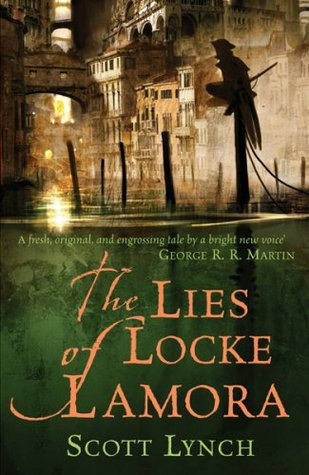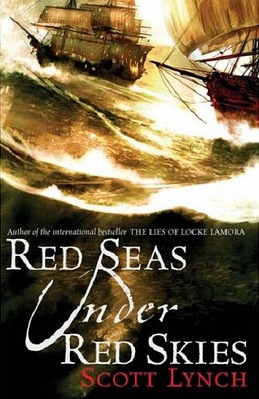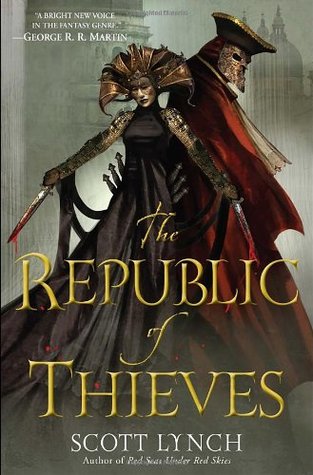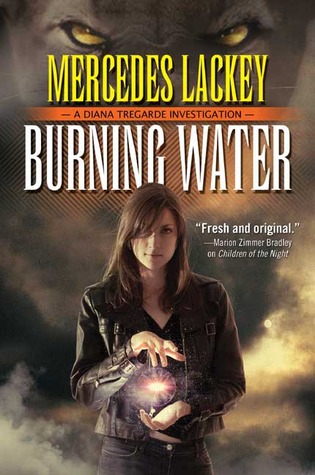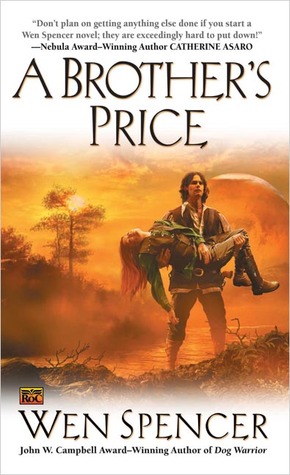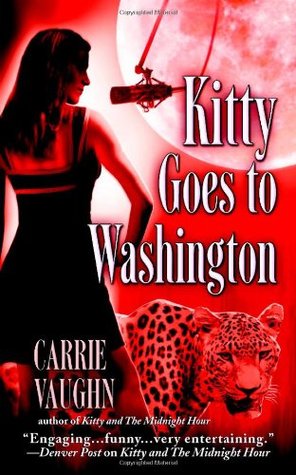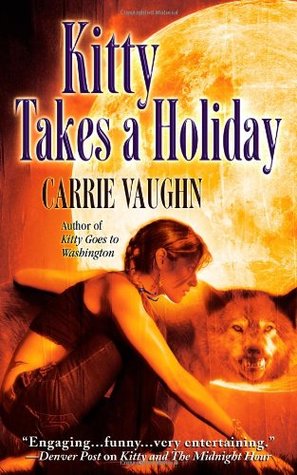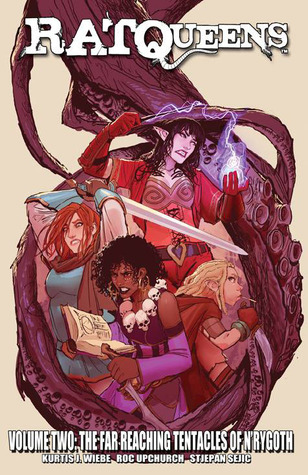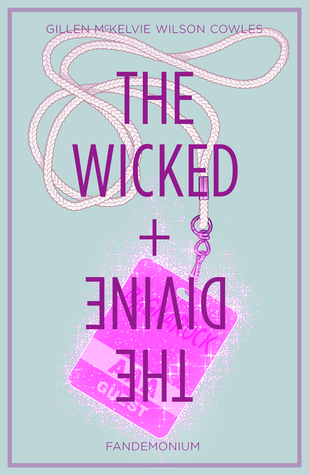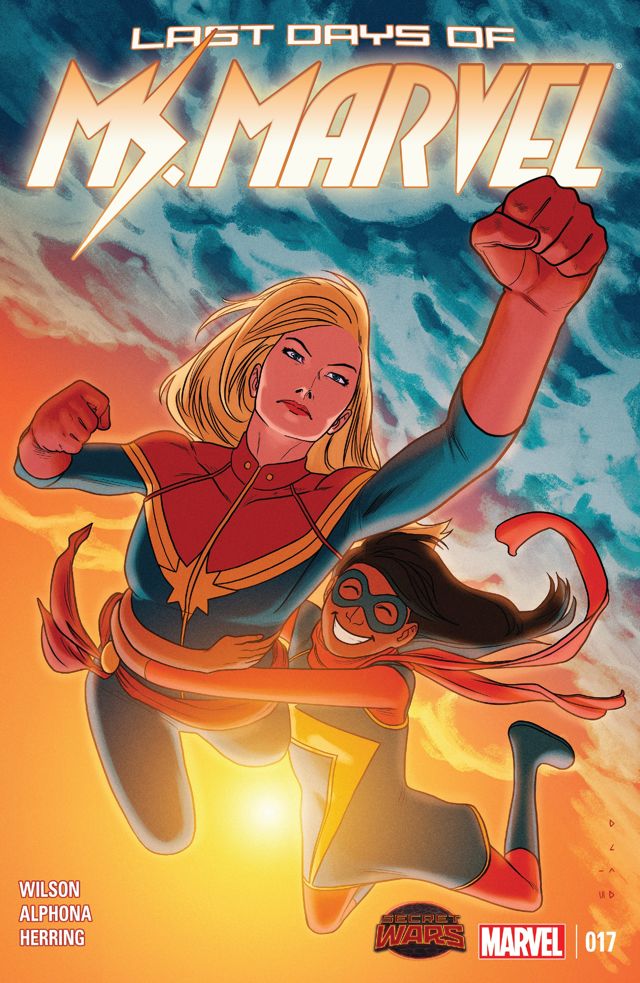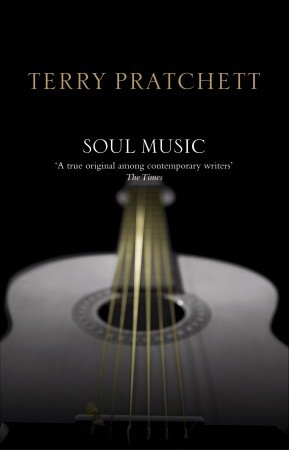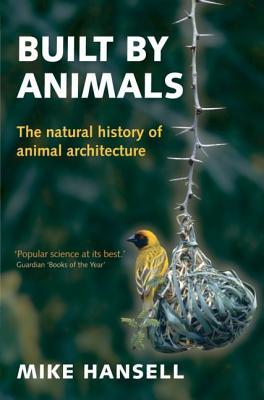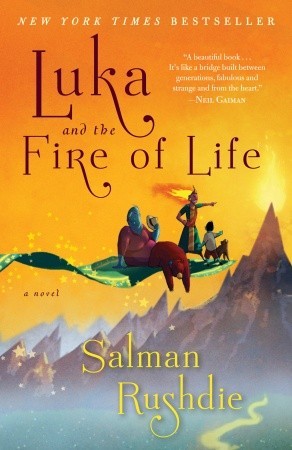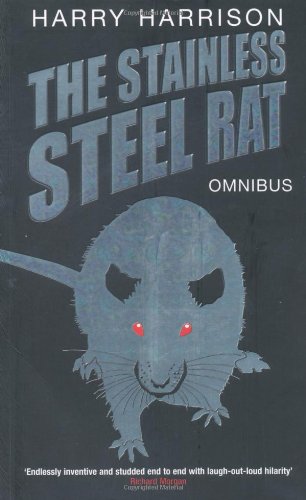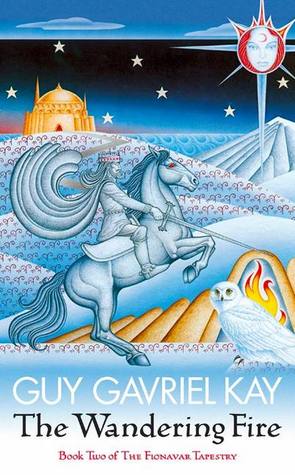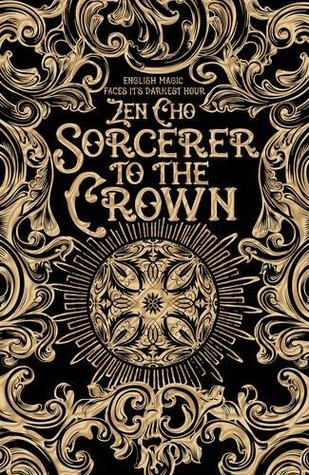It’s been a while since I did any kind of introduction post, and I have quite a lot more followers now, so I thought I’d introduce myself a little! I cobbled these questions together from interesting stuff I found in other introduction posts and memes. If there’s something you want to know, ask!
Name? Nikki.
Age? 26.
Gender? Irrelevant.
Partnered? Yes. Her name is Lisa. She does read books, I promise.
Family? Parents, sister, brother-by-mutual-agreement, grandmother. They also read books.
Background? Welsh, grew up in England.
Politics? Don’t get me started. (Small l liberal, small g green, disenchanted by all current political parties.)
Religion? Unitarian Universalism. Dad’s an atheist, Mum’s a Christian, I’m a melting pot of Christian-like and Buddhist-like beliefs.
Team? Wales (mostly in the rugby), followed by “anybody but the English”.
University? Yep, twice so far. English Literature BA and MA, and I’m a smartypants who got first class honours in the BA.
Job? A bit of everything, freelance. Mostly transcription, ghostwriting, copy. Also a volunteer for the RNIB and on the committee of a community library.
Hobby? Reading, mostly. Also sometimes running, crocheting, gaming, writing.
Earliest memory? Playing with Lego with my Grampy. He taught me how to overlap the bricks to create a stable Lego house. He liked books too.
Ebook or dead tree? Both.
Favourite book at the age of 5? There’s a Hippopotamus on Our Roof Eating Cake, Hazel Edwards.
Favourite book at the age of 10? The Positronic Man, Isaac Asimov and Robert Silverberg.
Favourite book at the age of 15? The Lord of the Rings, J.R.R. Tolkien.
Favourite book at the age of 20? The Grey King, Susan Cooper.
Favourite book at the age of 25? The Goblin Emperor, Katherine Addison.
Favourite book you still have to mention? Among Others, Jo Walton.
You’re going on holiday for a week, how many books do you take? At least five, plus my ereader.
What genres will you read? Fantasy, speculative fiction, mystery, historical, alternate history, space opera, steampunk… The list goes on.
What genre won’t you read? At this point, I’m not sure what’s left that I haven’t tried at least once. Family saga?
Do you read non-fiction? Yes, anything that catches my interest. This sometimes produces weird looks at the bookstore or library.
If you were a book, what genre would you like to be? Fantasy. Portal fantasy, probably; I can’t help it, I’d love to end up in a Fionavar or a Middle-earth. Though preferably not at a time of war and destruction. Oh, oh, can I go visit Maia from The Goblin Emperor? Mind you, my manners would probably appal.
What fantasy creature would you like to be? A book hoarding dragon? I’m Welsh, after all.
What book do you wish you had written? The Lord of the Rings. Oh to be as clever and meticulous in creating a world as J.R.R. Tolkien.
Do you have a favourite poem? ‘Sonnet XCIV‘, Pablo Neruda. “If I die, survive me with such sheer force / that you waken the furies of the pallid and the cold”.
What do people say to you in bookshops? “Awesome shirt.” (Truth.) Or “no, come on, put it back, you have enough books.” (Lies.)
Where are you going? Probably the library.
Do you do anything that is not books? No.
Any questions?
And hey, if you want to steal this and use it as a get-to-know-me-post, you’re welcome to.

